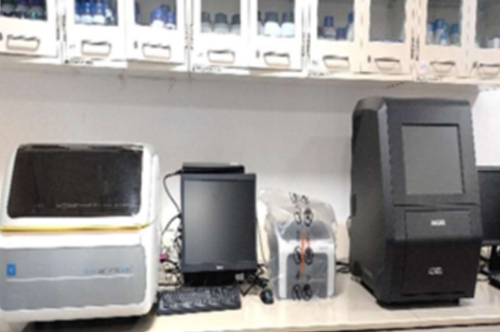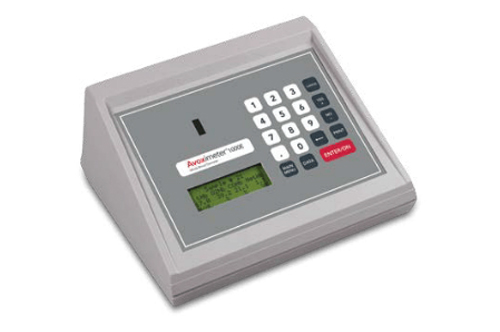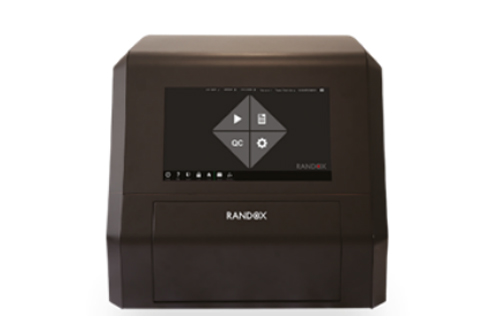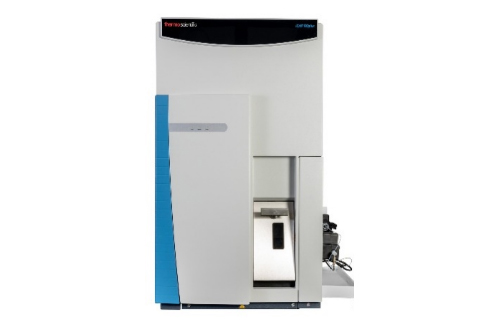About
The Centre for Emergency Toxicology (CET)
Centre for Emergency Toxicology (CET) is the fruit of the vision of Hon’ble Vice Chancellor, NFSU with the objective to carry out detection and analysis of drugs and poisons for clinical toxicology. This centre will also provide services to various stake holders including advice pertaining to poisoning treatment and research in the field.
Vision
- The Centre for Emergency Toxicology aims to ensure safety and health by delivering timely diagnosis of the toxicity involved and effective management of the toxicity.
Mission
- To ensure the expert consultation and services to the patients and hospitals for holistic prognosis of toxicant exposure, treatment advice and safety measurements.
What We DO
- Diagnosis: Detection of poisons using cutting-edge technology.
- Training and Education Professional Training: Seminars, workshops, conferences for healthcare providers to enhance skills in toxicology and emergency response.
- Community Education: Workshops and seminars to raise awareness about poison prevention and safety.
- Research and Innovation Our centre is at the forefront for carrying out interdisciplinary research in different domains of toxicology.




Head of Center
- Dr. Bhoomika Patel – (I/C) Dean, School of Pharmacy
Salient features
- Providing comprehensive poison diagnosis services includes

Avoximeter
Avoximeter
Specialized device, measures the levels of various forms of haemoglobin in the blood, including oxygenated haemoglobin, carboxyhaemoglobin (COHb), methaemoglobin (MetHb), and deoxygenated haemoglobin. Rapid and reliable quantitative results in less than 10 seconds.

Avoximeter
Evidence Multistat Immunoanalyzer
Fully automated immunoanalyzer run on the automated biochip array analyser, Evidence Multistat. Performs blood assays by qualitative and quantitative determination of the parent molecule and metabolites of drugs in human whole blood. Requires less amount of sample and generates test results provided in less than 20 minutes offering an efficient and accurate screen.

Avoximeter
Inductively Coupled Plasma Mass Spectrometry
A sophisticated instrument designed for reliable and accurate trace elemental analysis including heavy metals like arsenic, lead, mercury, cadmium, chromium, thallium etc. in a wide range of sample types. Works by ionizing a sample in a high-temperature argon plasma, then using a mass spectrometer to separate and measure the resulting ions based on their mass-to-charge ratio, enabling elemental analysis.
RBC Cholinesterase Assay
Simple and direct procedure for measuring the activity of AChE levels in red blood cells. AchE is an enzyme found in nerve tissue and red blood cells, that breaks down acetylcholine, a neurotransmitter. Helps in diagnosing acute poisoning from organophosphates and carbamates.
| Sr. No. | Poisons | Panel |
|---|---|---|
| 1 | Pesticides | Organophosphates, Carbamates, Paraquat |
| 2 | Heavy Metals | Lead, Mercury, Antimony |
| 3 | Inhalants | Carbon Monoxide (Carboxyhaemoglobin) |
| 4 | Scheduled Drugs | Acetaminophen, α-PVP (Alpha Pyrrolidinopentiophenone), Amphetamine, Barbiturates, Benzodiazepines, Buprenorphine, ETG (Ethyl glucuronide), Fentanyl, Methamphetamine, Methadone, Opiates, Pregabalin, Salicylates, Tramadol, TCA (Tricyclic Antidepressants), AB-CHMINACA (N-[(1S)-1- (1-amino-3-methyl-1-oxobutan-2-yl)-1-(cyclohexylmethyl)- 1H-indazole-3-carboxamide), AB-PINACA [N-(1-amino-3-methyl-1-oxobutan-2-yl)-1-pentyl-1H-indazole-3-carboxamide] |
| 5 | Drugs of Abuse | Cannabinoids, BZG (Benzoylecgonine)/Cocaine, Phencyclidine |
Quantitative Test Panels
| Sr. No. | Poisons | Panel |
|---|---|---|
| 1 | Heavy Metals | Aluminium, Arsenic, Bismuth, Lead, Copper, Chromium, Cobalt, Selenium, Nickel, Manganese, Mercury, Barium, Beryllium, Caesium, Molybdenum, Tin, Silver, Strontium, Uranium, Vanadium, Zinc |
| 2 | Inhalants | Carbon Monoxide (Carboxyhaemoglobin) |
| 3 | Scheduled Drugs | Acetaminophen, α-PVP (Alpha Pyrrolidinopentiophenone), Amphetamine, Barbiturates, Benzodiazepines, Buprenorphine, Dextromethorphan, ETG (Ethyl glucuronide), Fentanyl, Haloperidol, Ketamine, Meprobamate, Methamphetamine, Methadone, Methaqualone, Opiates, Pregabalin, Propoxyphene, Salicylates, Tramadol, TCA (Tricyclic Antidepressants), Xylazine, Zolpidem, AB-CHMINACA (N-[(1S)-1-(1-amino-3-methyl-1-oxobutan-2-yl)-1-(cyclohexylmethyl)-1H-indazole-3-carboxamide), AB-PINACA [N-(1-amino-3-methyl-1-oxobutan-2-yl)-1-pentyl-1H-indazole-3-carboxamide] |
| 4 | Drugs of Abuse | Cannabinoids, BZG (Benzoylecgonine)/Cocaine, Phencyclidine |
| 5 | Methemoglobinemia Causing Agents | Sodium Nitrite, Dyes |
Contact us:
Centre for Emergency Toxicology (CET)
- National Forensic Sciences University (NFSU)
- National Forensic Sciences University (Gujarat Campus), Sector-9, Gandhinagar-382007
- cet@nfsu.ac.in
- +91 8469651515